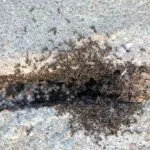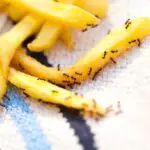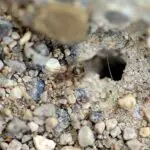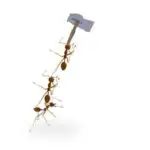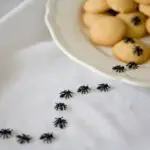How Are Ants Hard Workers?
Besides being extremely hard workers, ants also have complex societies. They have a hive mind, work together to achieve goals, and respond to external factors.
These social insects do not have a central headquarters, or a hierarchical system. They are tasked to do a variety of tasks, such as protecting the colony, collecting eggs, stealing larvae, and farming other insects. They also shift tasks in response to cues.
In order to determine how ants allocate tasks, researchers set up a lab environment for five ant colonies. They painted identifying codes on the ants and set up material for them to work with. When they observed them, they found that 2.6 percent of the ants worked every time. But 25 percent of them never worked.
Researchers did not know if the ants were slacking off or were performing an invisible task. They removed active ants from the colonies, but found that the inactive ants filled in for the top 20 percent of the ants working during that time period.
The study also found that ants have a strong neck joint that helps them lift objects a lot heavier than themselves. This strength is useful in hauling food and defending the nest.
In addition, ants have segmented bodies and narrow waists. This allows them to be very flexible, so they can easily turn around and go back out the tunnel.
Researchers have found that ants can lift 3,400 to 5,000 times their body weight. This is impressive, but it means they are not using muscles to support their body weight.

